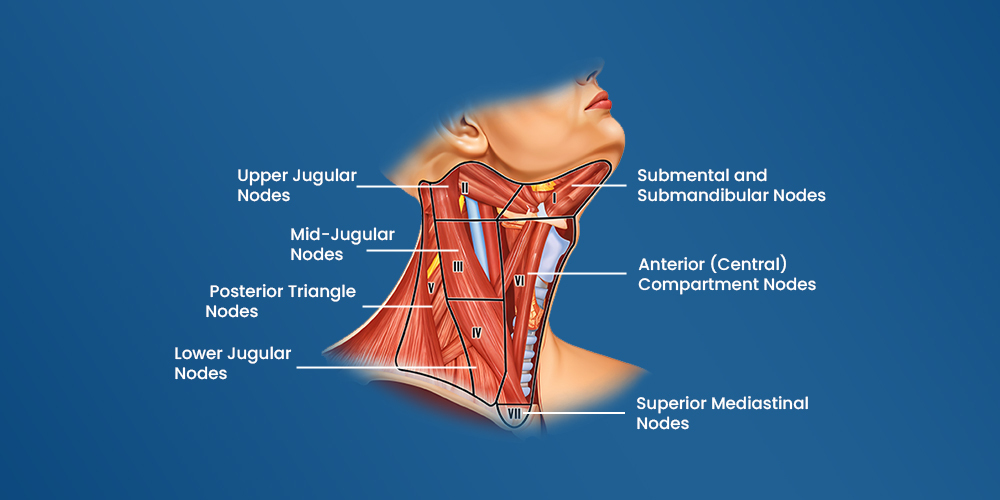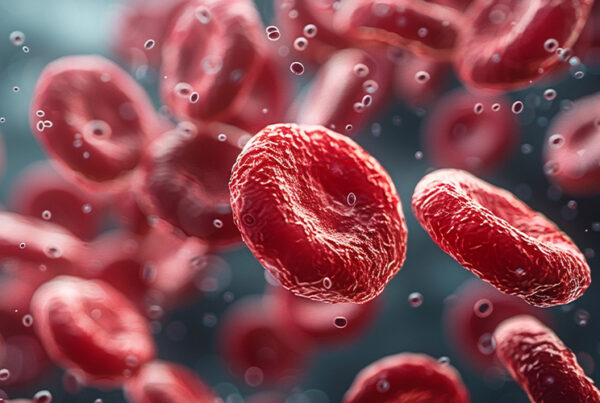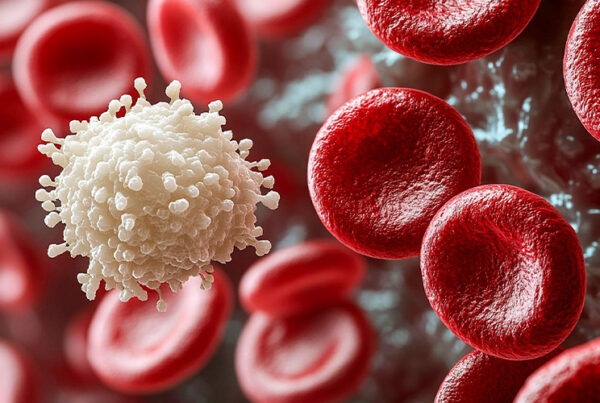
Introduction
When understanding your anatomy and health, knowing about your lymph nodes might not be the first thing on your list. However, these tiny structures are vital to life and play a massive role in keeping your body running smoothly. Specifically, the 7 levels of lymph nodes in the neck are essential for filtering harmful substances, fighting infections, and detecting potential health issues like cancer. But did you know these lymph can also develop cancers like follicular lymphoma? However, the good news is that there are Follicular Lymphoma clinical trials ongoing to help find a potent cure.
What Are Cervical Lymph Nodes?
You can think of cervical lymph nodes as the body’s drainage network. They work to flush out any waste, toxins, and harmful microorganisms. When in the neck region, these nodes are called cervical lymph nodes, and they form a crucial part of the lymphatic system.
They filter lymphatic fluid, which carries immune cells that fight infections. Cervical lymph nodes are like tiny sentinels that help detect and respond to infections, inflammation, or even cancers in your head, neck, and chest. Moreover, you might have noticed a swollen area on your neck when you are sick, that is your lymph nodes performing their functions. This is most common in children and adults.

Breaking Down the 7 Levels of Lymph Nodes in Neck
Now let’s explore the 7 levels of lymph nodes in neck in a way that’s easy to understand. Think of each level as a neighborhood with its boundaries and responsibilities:
Level I: Submental and Submandibular Nodes
These nodes lie in the chin and jawline area. They drain areas like your mouth, lips, and tongue. If an infection occurs in your oral cavity or any dental issue, these nodes often react first.
Level II: Upper Jugular Nodes
This level, which is separated into IIa and IIb, is situated close to the jugular vein along the upper neck. They aid in the drainage of your sinuses, throat, and tonsils. These nodes might have enlarged in the past if you’ve ever had a sinus infection or sore throat.
Level III: Mid-Jugular Nodes
Moving down the neck region, level III nodes are found in the mid-section. They play a role in filtering fluid from your throat and lower oral cavity. Moreover, problems in this area could be a sign of inflammation or infections in the central part of your neck.
Level IV: Lower Jugular Nodes
At the base of your neck, these nodes connect with the thoracic duct, the body’s largest lymphatic vessel. Additionally, they help manage drainage from areas lower in your neck and chest. Swelling here might indicate a deeper issue, like a systemic infection or cancer.
Level V: Posterior Triangle Nodes
Located toward the back of your neck and shoulders, this level is split into Va and Vb. These nodes handle lymphatic drainage from your scalp, neck, and shoulders. Swelling in this region can occur after injuries or scalp infections.
Level VI: Anterior (Central) Compartment Nodes
These nodes sit in front of your windpipe and help drain your thyroid gland, trachea, and parts of your esophagus. If you have thyroid problems or breathing issues, your doctor may check this area.
Level VII: Superior Mediastinal Nodes
These nodes are just below your neck, in the upper chest. They connect your neck and chest lymphatic systems. If there’s a problem with your lungs or heart, these nodes might provide clues.
Why Understanding the 7 Levels of Lymph Nodes in Neck Matters?
You might wonder, why should you care about these lymph nodes. For starters, they are vital for diagnosing and managing various health conditions. When a doctor examines your neck or orders imaging tests, they rely on the 7 levels of lymph nodes in neck to pinpoint specific areas where issues might exist.
For example, if you have a throat infection, the lymph nodes in one area may swell. If there’s something more serious, like cancer, understanding which lymph nodes are affected can guide treatment. By gaining know-how with this system, you’ll feel more informed and confident when discussing your health with a doctor.
How the 7 Levels of Lymph Nodes in Neck Help in Diagnosing Health Issues
When you are sick and feel something odd, like a persistent swelling in your neck, the 7 levels of lymph nodes in your neck become a roadmap for doctors. They can determine if the issue is an infection, inflammation, or something more serious like symptoms of Follicular Lymphoma. Talking about follicular lymphoma, you might want to learn more about: what Is follicular lymphoma? symptoms, causes, and more.
For instance, cancer staging often involves checking which lymph nodes are affected. If you are undergoing treatment or surgery, if the doctor knows teh right level, it helps target the right area. This precision ensures you get the best care while avoiding unnecessary procedures.
What to Expect During Imaging and Diagnosis?
Your doctor may suggest imaging tests like a CT scan, MRI, or ultrasound if they have concerns about your lymph nodes. With the use of this equipment, one may see the 7 levels of lymph nodes in one’s neck and determine whether any of them are swollen or abnormal.
To confirm a diagnosis, a biopsy or fine needle aspiration may be carried out in specific circumstances. These processes are simple and offer important insights into your body’s functioning. They can help distinguish between lymphomas, Hodgkin vs Non-Hodgkin lymphoma, and others.
Common Issues with the 7 Levels of Lymph Nodes in Neck
Swollen lymph nodes are common and often harmless. They are the sign that your body is fighting against some infection. However, persistent swelling or pain might indicate a more serious issue. It might indicate lymphoma, tuberculosis, or metastases from another cancer.
Don’t hesitate to see your doctor if you experience changes in your lymph nodes. Early detection makes a big difference, and understanding the 7 levels of lymph nodes in neck can help you ask the right questions during your visit.
Conclusion
To conclude, understanding the 7 levels of lymph nodes in neck helps you take charge of your health. Whether you’re managing an illness, recovering from surgery, or simply curious, knowing about how these nodes work gives you an edge.
The next time you visit your doctor or feel concerned about swelling in your neck, remember this guide. Your lymph nodes are there to protect you, so by staying informed, you can work alongside them to keep your body in top shape.
Additionally, Nebraska Hematology Oncology (NHO) is conducting clinical trials for oncology cancer to help find potent therapies. We are conducting clinical trials for multiple types of lymphoma. So, enroll today and gain the advantage of frontline clinical practices and therapies.







